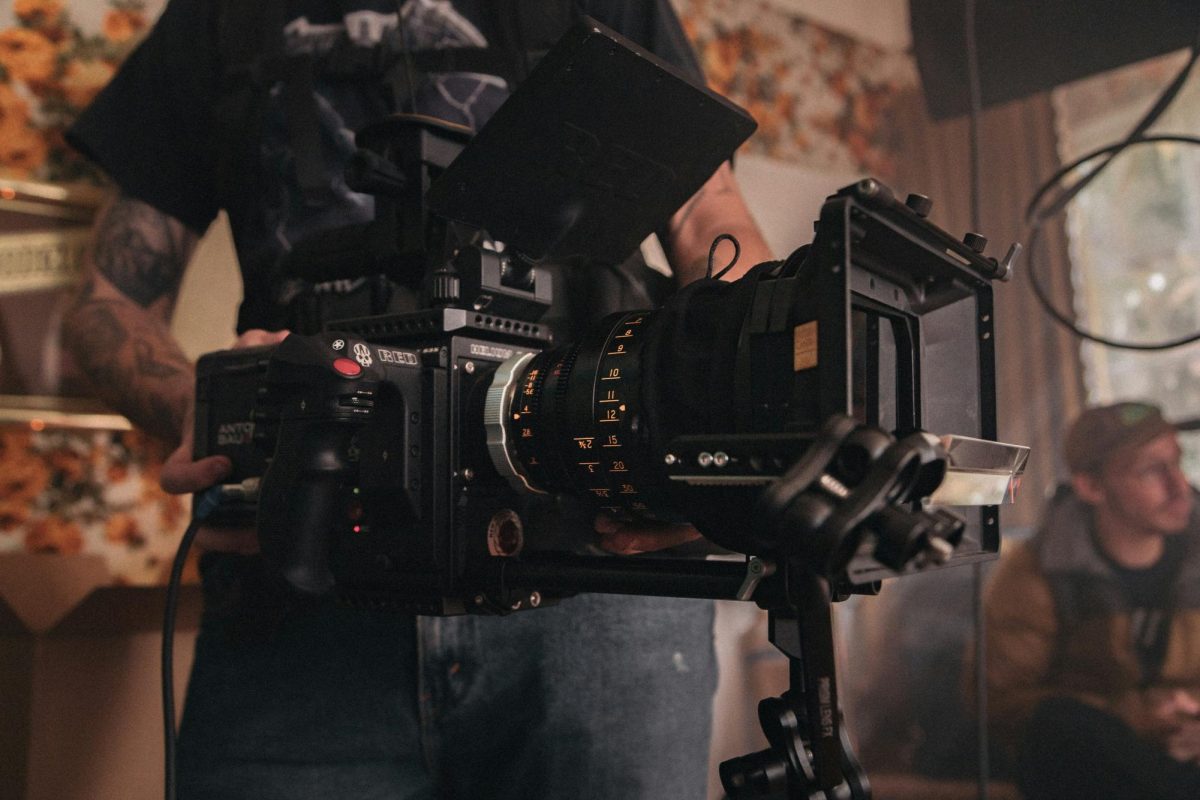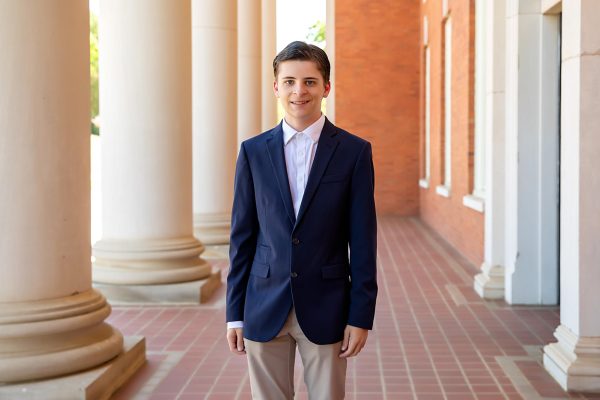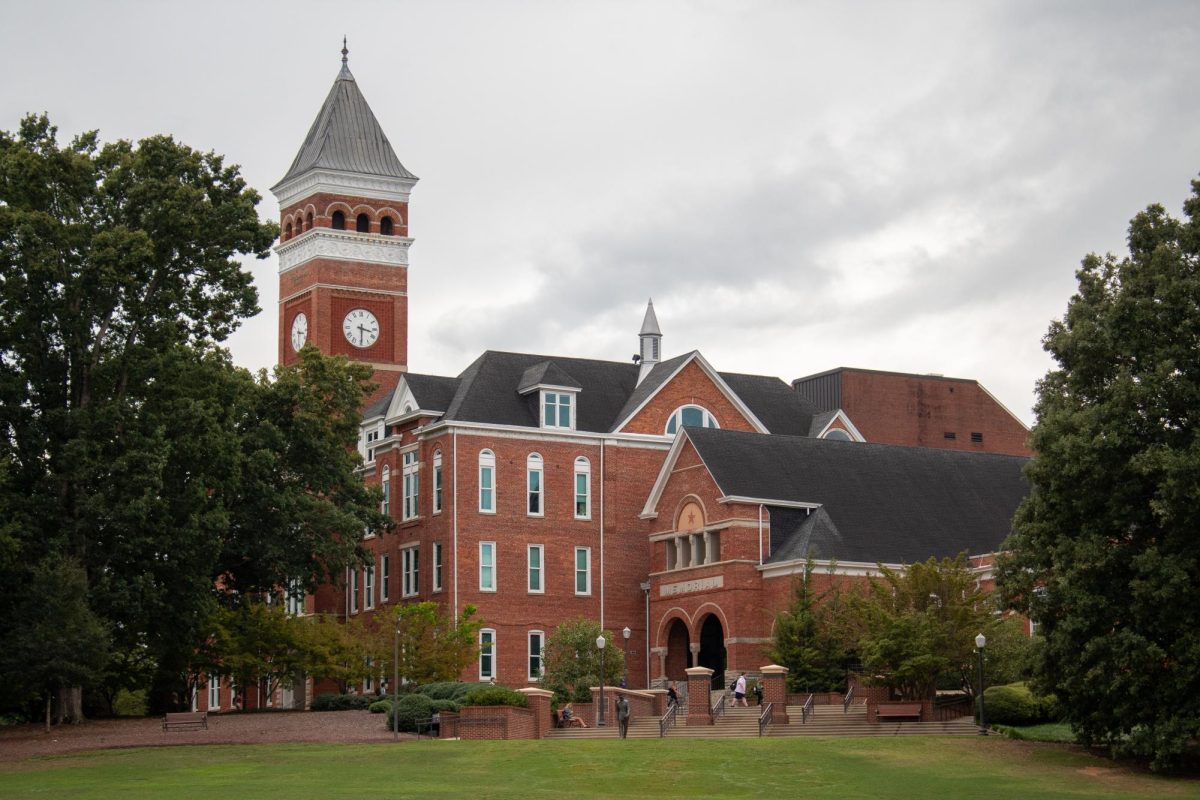In Robert Altman’s classic Hollywood satire “The Player,” a studio executive muses to an underling about how to cut costs. “I was just thinking what an interesting concept it is to eliminate the writer,” he says. “If we could just get rid of these actors and directors, maybe we’ve got something here.”
The internet has recently been flooded with clips generated by OpenAI’s new text-to-video model, Sora. Toronto filmmaking team Shy Kids went as far as to create a short film, “Air Head,” using the technology. Sora’s proponents enthusiastically proclaim that it will democratize filmmaking. I disagree. At best, Artificial Intelligence is a tool that can assist artists. At worst, it represents a vision of moviemaking in line with the craven executive from Altman’s film.
AI can be a useful tool when applied properly — Weta Digital’s award-winning effects for “The Lord of the Rings” trilogy, for example, used machine learning to model armies for the films’ battle scenes — but issues arise when AI is used to eliminate human artists completely.
One reason that using AI to replace below-the-line film crew is problematic is that AI fundamentally does not understand the filmmaking process. Text-to-video models are only trained on completed movies, not the process by which those films are made.
Aside from the aesthetics afforded by production design and framing, which generative AI can replicate competently enough, movies have different looks depending on the camera lenses, film stocks and lighting setups used during production. Generative AI homogenizes these different visual styles, resulting in images that look strange and uncanny despite the realism of their subjects.
Generative AI like Sora also doesn’t understand how images in a sequence relate to each other. “Air Head,” for example, is edited like a cross between a trailer and a horror movie. The film juxtaposes close-ups of a man’s hand with a shot of a child sitting with his back to a wall, a combination that implies violence, despite the fact that the scene in question is supposed to be lighthearted and charming.
Relying too heavily on AI to generate and edit footage would also stunt innovation. Paradigm-shifting editorial developments like Jean-Luc Godard’s use of jump cuts in “Breathless” were contrapuntal to orthodox filmmaking approaches. Generative AI can only recognize and replicate pre-existing patterns, and, as such, would be unable to stimulate radical aesthetic shifts.
Another reason that generative AI could prove harmful to the film industry relates to labor. Filmmaking is a collaborative process in which a vast assortment of talented individuals work together to create their work. Replacing below-the-line crew with AI would deprive thousands of people of jobs, in addition to reducing the overall quality of the production.
The final reason that I oppose the widespread use of AI in film production is more theoretical. Film is a valuable art form because it captures reality in motion, as film theorist André Bazin argues in his landmark book “What is Cinema?” The film materially preserves some aspect of the subject being documented, according to Bazin.
Cinema, from a Bazinian perspective, is defined by the interaction between the film crew and the environment and subjects that they film. This interaction is guided by the crew’s filmmaking knowledge and understanding of human experience. No matter how sophisticated generative AI becomes, it will never be able to understand the reality of humanity in the same way a human director, actor, cinematographer or editor can.
“Movies are like a machine that generates empathy,” beloved film critic Roger Ebert famously stated.
People do not go to the movies just to see a narrative on screen. We go to the movies because we want to see that story presented by human beings.
The spectacle and novelty of the moving image is just one part of the form’s appeal; the other, more important part, is cinema’s role as a form of human expression and communication. We care about the movies because they provide a window into other people’s worlds, something that a computer will never be able to replicate.
If we allow computer algorithms to assume the role of artists, we have missed the point of art.
Thomas Merzlak is a freshman world cinema major from Florence, South Carolina. You can reach him at [email protected].










